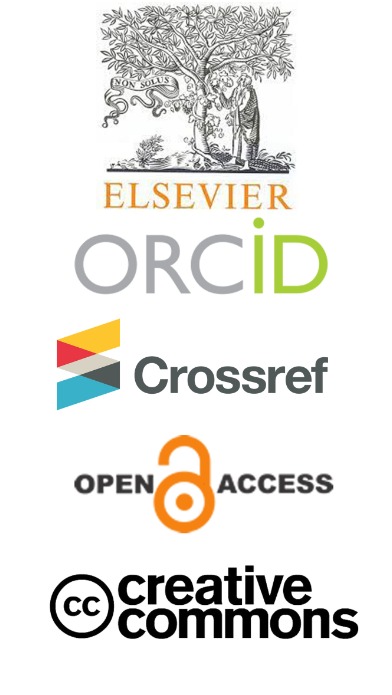Performance Evaluation Model for Employees Who Graduate from Formal and Non-Formal Tourism Education
Abstract
This study is aimed to 1) develop a standard of performance evaluation for staff graduating from formal and non-formal education in tourism, 2) develop an instrument to measure the staff's performance, 3) describe the profile of staff's performance, 4) evaluate the performance of staff graduating from formal and non-formal education in tourism in Bali, 5) obtain an effective model (structural and measuring model) concerning with the performance of staff who graduated from formal and non-formal education in tourism, so it can be applied in order to improve the quality of service in the tourism industry and 6) find out whether or not there is a distinction in performance between the staff graduating from formal education and those graduating from nonformal education. This study consists of two stages. First, the development stage starts with developing a standard of performance evaluation for staff graduating from formal and non-formal education in tourism and developing an instrument to measure the staff's performance. The instrument is developed using the Delphi technique, followed by a Focus Group Discussion (FGD). The drafts for standard performance and instruments are supervised and consulted by experts and practitioners. The Delphi technique is carried out in one cycle to obtain a consensus for one importance of each indicator. The focus group discussion also involves academicians and tourist practitioners available in Bali. The staff's performance profile, i.e., not important, less important, important, or very important, refers to the criteria of the ideal score possibly achieved using the instrument. The operational form of evaluation model for the performance of staff graduating from formal and non-formal education in tourism consists of five components or factors: knowledge, work attitude, work skill, motivation, and personality, all of which constitute indicators to measure the staff's performance. The staff's performance parameter can be categorized as significant (ρ < 0.01). The result of Lisrel analysis shows that: (1) chi-square = 28.50; df = 19.00; and ρ-value = 0.7423 (> 0.05), (2) the goodness of fit statistics (GFI) is 0.97420 (approaching 1), and (3) the square oot of the average residual (RMR) = 0.044398 (lies between 0 and 1). There is no significant distinction in performance between the staff graduating from formal education in tourism and those graduating from nonformal education in tourism. What should be noted, however, is the internal and external factors that can influence the work performance of staff, i.e., career commitment, work experience, leadership, and work ethics.



